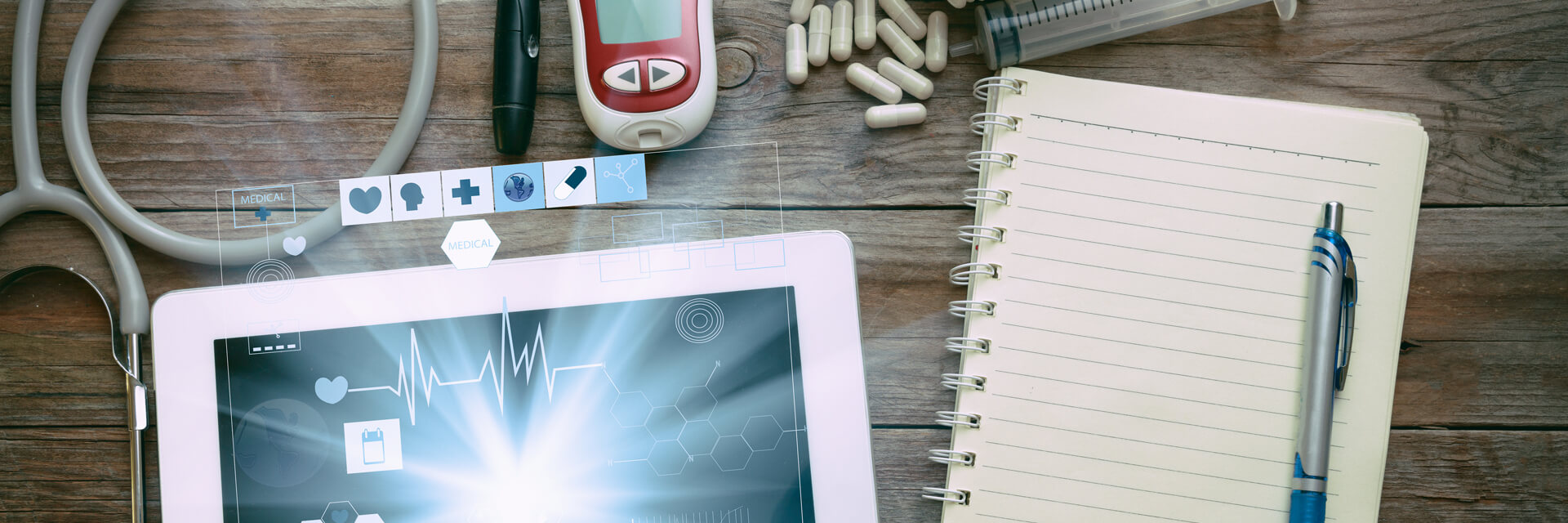
COVID-19 Puts Health Care Fraud on the Rise
- Published
- May 8, 2020
- Topics
- Share
An Unfortunate Trend
A looming economic crisis, desperation to restart the economy, and consumer anxiety amidst a global pandemic have created conditions ripe for fraud. Pressure and opportunity, a pair of key elements of the iconic fraud triangle used by Certified Fraud Examiners to explain fraud, have undoubtedly intensified. As a result, law enforcement is already seeing an impact.
Schemes to defraud health care consumers as well as government agencies, such as the Centers for Medicare and Medicaid Services, are on the rise. For example, on March 26, 2020, the FBI charged Erik Santos, of Braselton, Georgia, with conspiracy to commit health care fraud and conspiracy to violate the Anti-Kickback Statute. His role was part of a coordinated effort to defraud Medicare by soliciting and receiving kickbacks in exchange for routing his network of individuals age 65 and older to three testing centers where COVID-19 tests would be bundled with much more expensive respiratory pathogen tests, regardless of medical necessity. This happened during a time when COVID-19 testing supplies were scarce and medical professionals were advising vulnerable populations to stay home as much as possible.
According to the Department of Justice, Santos “sought to maximize kickback profits and to bleed federal health care resources at a time when Medicare beneficiaries across the United States were in dire need of coverage for medical treatment and services.” FBI Special Agent in Charge Gregory W. Ehrie put it more bluntly: “His profiteering is akin to receiving blood money.”
As a cautionary anecdote, the DOJ released statements made by Santos that highlight the fraudster’s mindset in the current environment. According to Santos: “Everybody has been chasing the COVID dollar bird.”
Let the Buyer Beware
On May 4, the U.S. Food and Drug Administration (“FDA”) revised its regulatory guidance with respect to antibody testing in response to widespread fraud, inaccurate claims, poor test performance and inappropriate marketing. Manufacturers of antibody tests must submit an Emergency Use Authorization request along with their validation data within 10 days or face removal from the market. The FDA announced that it is important that anyone using an antibody test understand its limitations and use test results as just one piece of data to inform decision-making.
The FDA is also actively monitoring firms advertising products with fraudulent COVID-19 prevention and treatment claims. The FDA posts warning letters to firms suspected of marketing fraudulent COVID-19 products and services on its website, and consumers can report websites peddling suspicious COVID-19-related products there as well.
How You Can Help
The National Health Care Anti-Fraud Association is asking Americans to be vigilant against fraud and be aware of online phishing frauds, door-to-door COVID-19 testing offers, and false promises of free care, as well as other schemes. Consumers can report suspected COVID-19-related fraud to the National Center for Disaster Fraud at (866) 720-5721.
What's on Your Mind?
Start a conversation with Susannah
Receive the latest business insights, analysis, and perspectives from EisnerAmper professionals.












